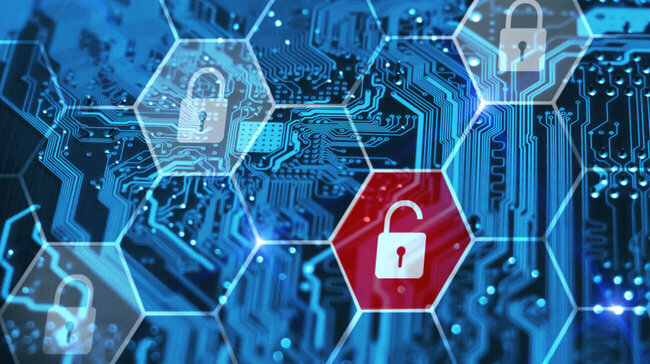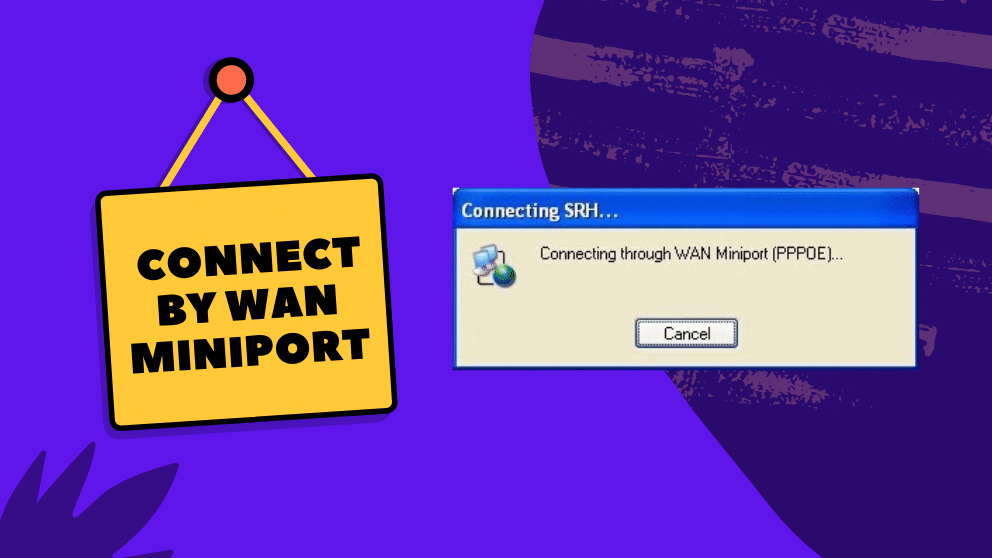As more and more of us are working remotely, the need to ensure your business is secure against cyber attacks is more important than ever before. As we rely more and more on technology in both our personal and business lives, cyberattacks have skyrocketed year on year. We’re seeing an annual increase in spoofing or business email compromise (BEC) attacks, which can have catastrophic implications for the company itself. To protect your business and employees against cyber-attacks, here are our top tips to make your business more secure.
Regularly change passwords
A complex password is of the utmost importance because it makes it much harder for hackers to crack. Using a password generator to create passwords with a random combination of capitals and lowercase letters, numbers, and special characters will help. And for an added layer of protection, passwords should be changed regularly – roughly every 45 to 90 days.
Ensure employees are told to create complex passwords, and instead of writing them down, they can be kept in online password vaults. Regularly changing passwords and having complex passwords is the easiest and one of the most efficient ways you can protect your business against cyber-crime.
Update anti-virus and antimalware protection
Installing professional-grade antivirus and antimalware software is a must for any business. All devices used by your business should have the latest de-bugged versions of software and operating systems. If upgraded versions are available, they should be installed immediately. And ensure all staff are aware that anti-virus software must be updated regularly, and this often happens overnight.
Spam filtering
Spam filtering helps keep 99% of spam and phishing emails out of inboxes. Spam filters will help protect your business and provide a better experience for your users. They will also keep employers from clicking on potentially harmful links or downloading suspicious attachments within emails.
Selective Wi-Fi permissions
Setting up permissions on your Wi-Fi network to limit authorised users and their activities will help you protect sensitive data on your network. Even if they are connected to Wi-Fi at home, you can limit activity permissions ensuring they don’t make any changes to software that could cause harm. If you regularly have customers, vendors, clients, and even friends visiting your office, you can set up a ‘guest’ network.
Data protection
Protecting your organisation’s data from cyber threats is becoming a number one priority. From financial penalties imposed by GDPR legislation, to ransomware attacks and even threats from disgruntled employers. Ensuring you have a robust data protection solution in place is a must, and companies like Withers, can advise you about privacy by design and software development to help ensure data, and therefore your business is protected.















